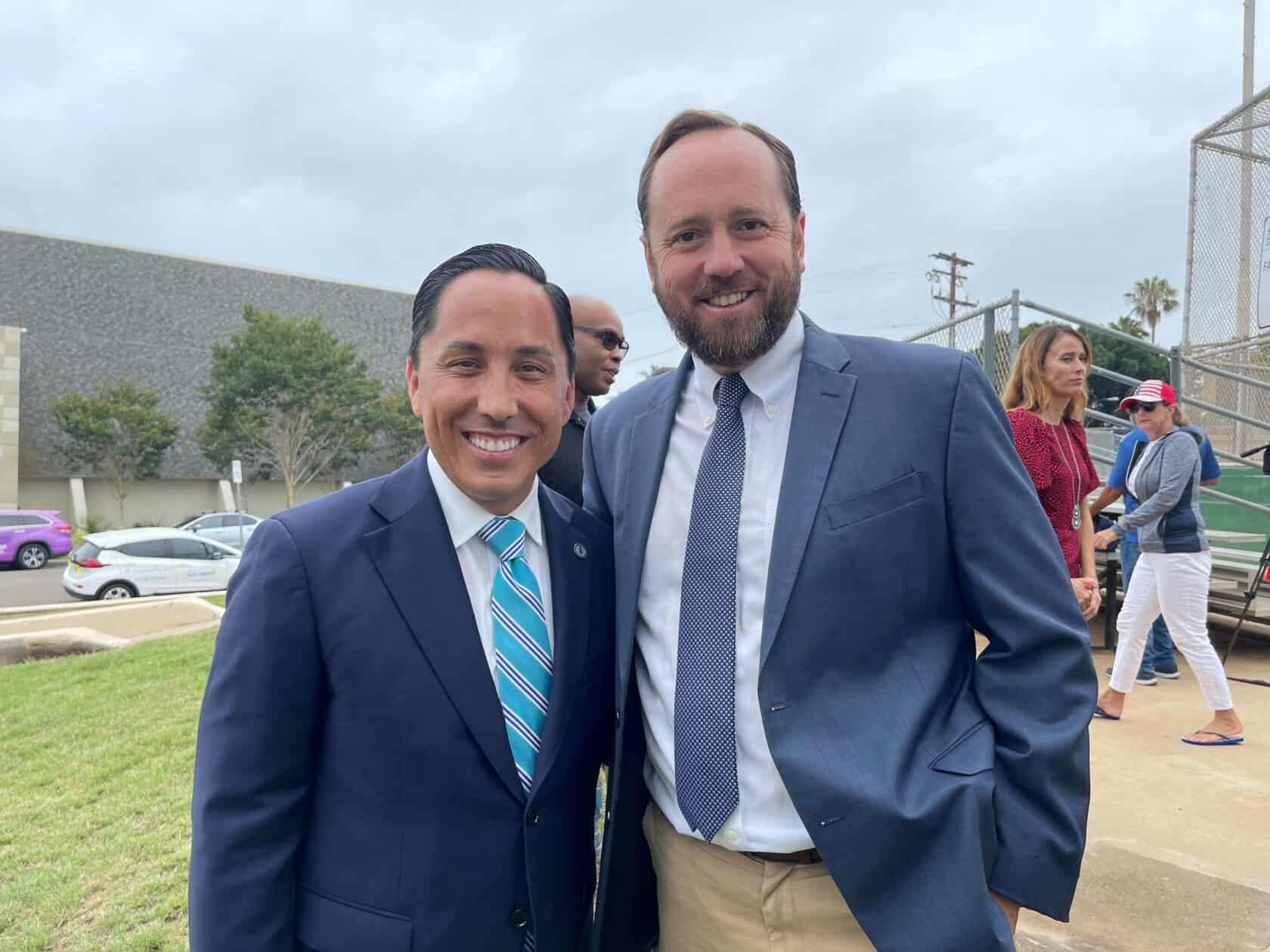The California Apartment Association continues to push state, local and federal governments to distribute COVID-19 rental assistance funds more quickly. And while many jurisdictions are still woefully behind in doling out dollars, some exceptions are worth celebrating.
A prime example is San Diego, where $77.9 million has been distributed, helping 9,448 households. That’s 93% of the $83.7 million of federal rent relief funds the city received in March.
An additional $51 million is now available, with $34 million more to be authorized for disbursement this fall.

Mayor Todd Gloria discussed the city’s successes during a press conference Wednesday.
“San Diego has done a great job of getting rental assistance into the hands of families and individuals who have been hit hard by the economic impacts of COVID-19, and more dollars are on the way to help those who are still having trouble paying rent and utilities.” Gloria said in this press release. “I strongly encourage those who might need assistance to apply as soon as possible, and I hope everyone will help get the word out about this critically important program.”
Whitney Benzian, CAA’s vice president of public affairs, participated in the press conference and lauded Gloria’s efforts.
“Mayor Gloria pledged to prioritize housing as a major pillar of his administration when coming into office,” Benzian said. “CAA is thankful for his leadership and following through with that pledge.”
Officials in other cities also are stepping up their efforts to get money out quickly.
Earlier this month, CAA supported a motion by Los Angeles City Council members calling for a hearing on the resources needed to process and pay all outstanding emergency rental assistance program applications by Oct. 1, 2021, and calling for the reopening of the application window.
The city of Los Angeles has paid out less than 2,500 of 113,000 applications, according to the city’s tracking system.
“Some housing providers have gone over a year without receiving income for the services they provide,” Fred Sutton, CAA senior vice president of public affairs, said earlier this month at a press conference announcing the motion. “We know of housing providers being forced to sell their properties. We must get these dollars out as fast as possible.”
CAA encourages its members in the city of Los Angeles to contact council offices on this issue.
In nearby Long Beach, meanwhile, the city has reopened its program for qualified rental housing providers and tenants to apply for pandemic-related rental assistance. The reopening comes after the city received an additional $13.1 million in state and federal funding, bringing the program budget up to $64 million. Here’s a link to the application and more information.
CAA’s efforts to streamline and improve the distribution of rent relief dollars doesn’t stop with local and state governments.

On Thursday, the association held a listening session with U.S. Rep Jackie Speier, D-San Mateo, to discuss the rental assistance program and share the challenges faced by some rental owners.
The congresswoman acknowledged the difficulties CAA members face when tenants refuse to cooperate in the application process for rental assistance and when owners must apply to various programs based on the location of their tenants. Moreover, she recognized the confusion that can result when some cities and counties have different criteria than the state program.
CAA members asked Speier to support applying rental assistance dollars to tenants making over 80% of the area median income and to encourage tenants to cooperate in the application process. They also asked her for administrative improvements, such as a consistent application process across the state and enhanced support for applicants. Lastly, CAA members emphasized the need to help rental housing providers who suffered financially due to the eviction moratorium and were disqualified from some COVID-19 relief programs.
